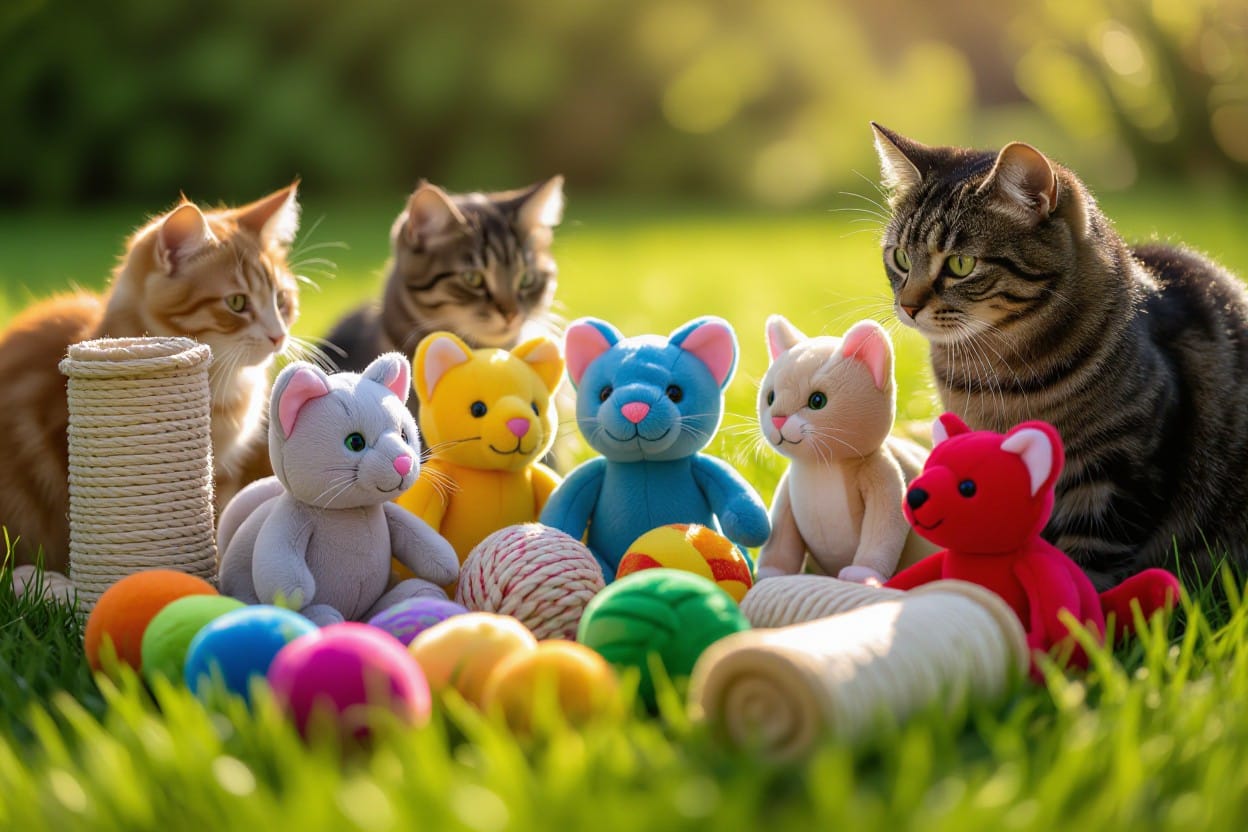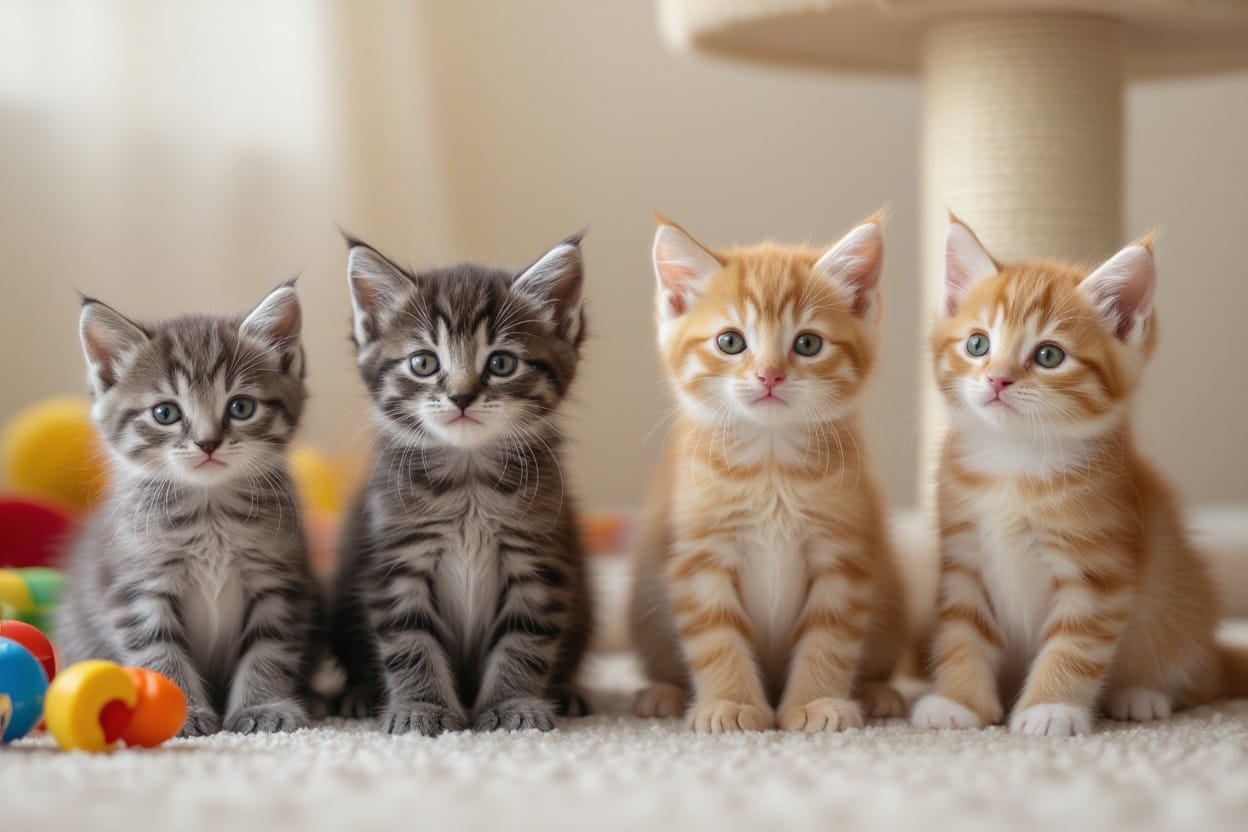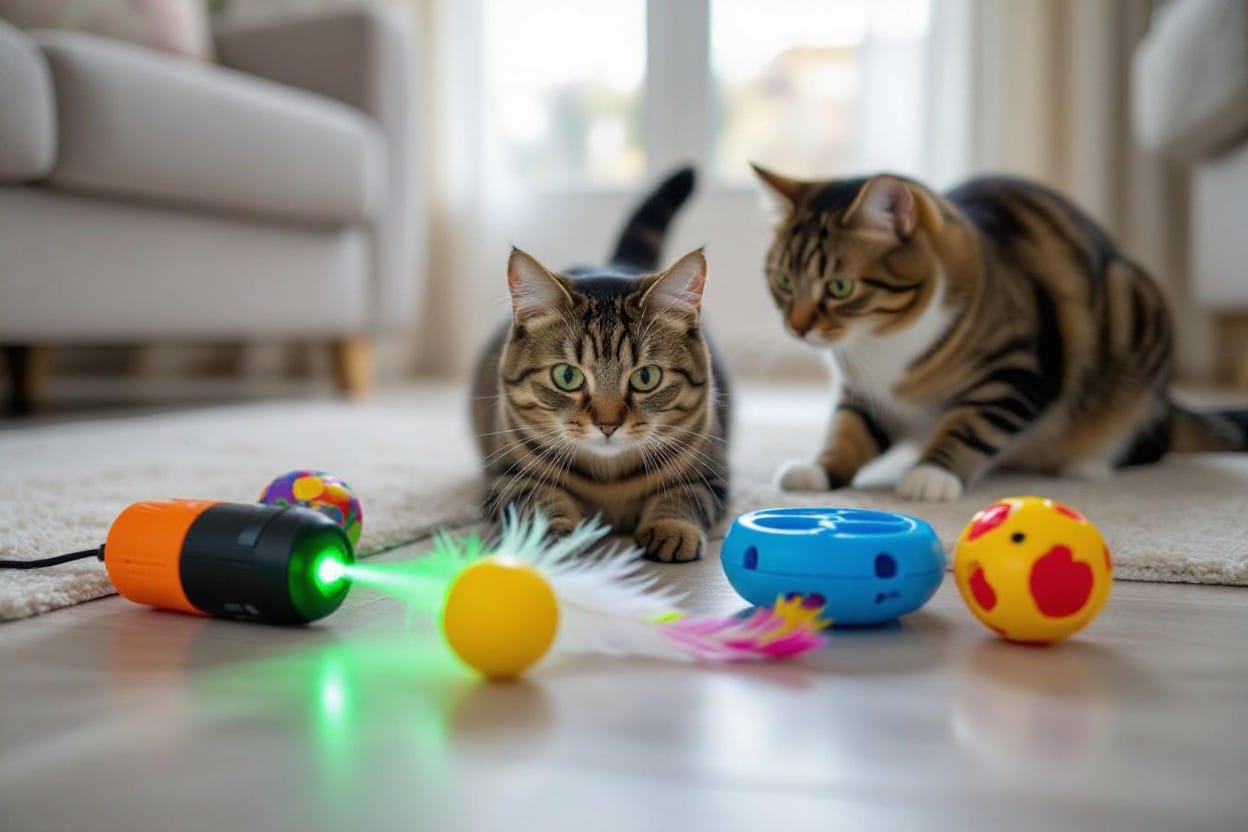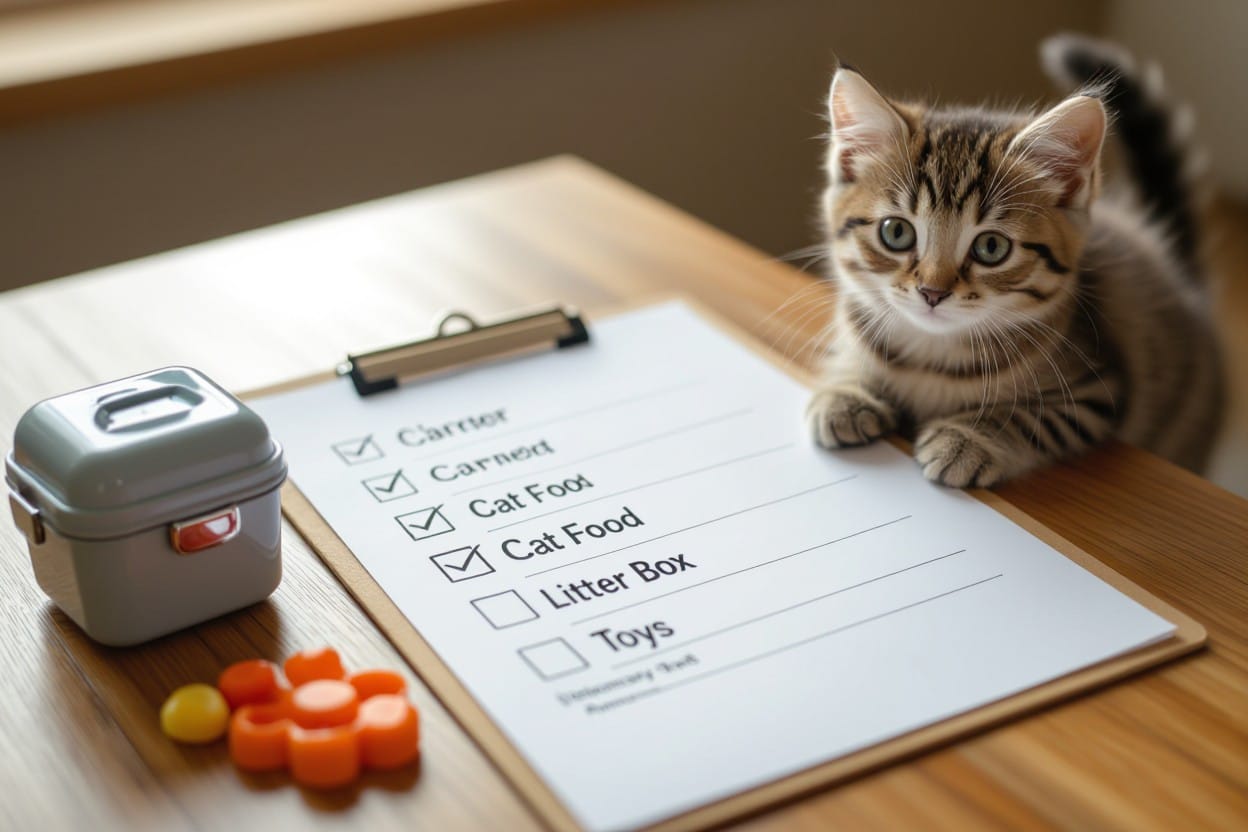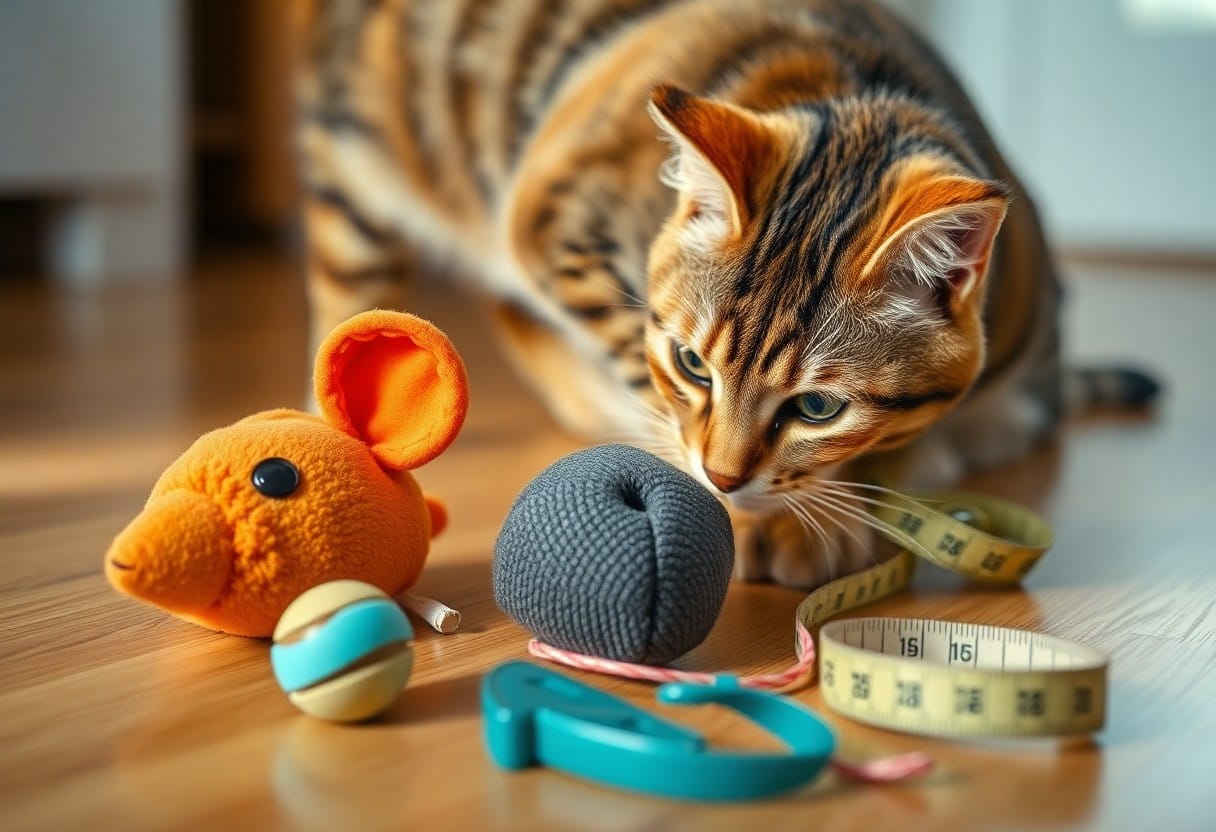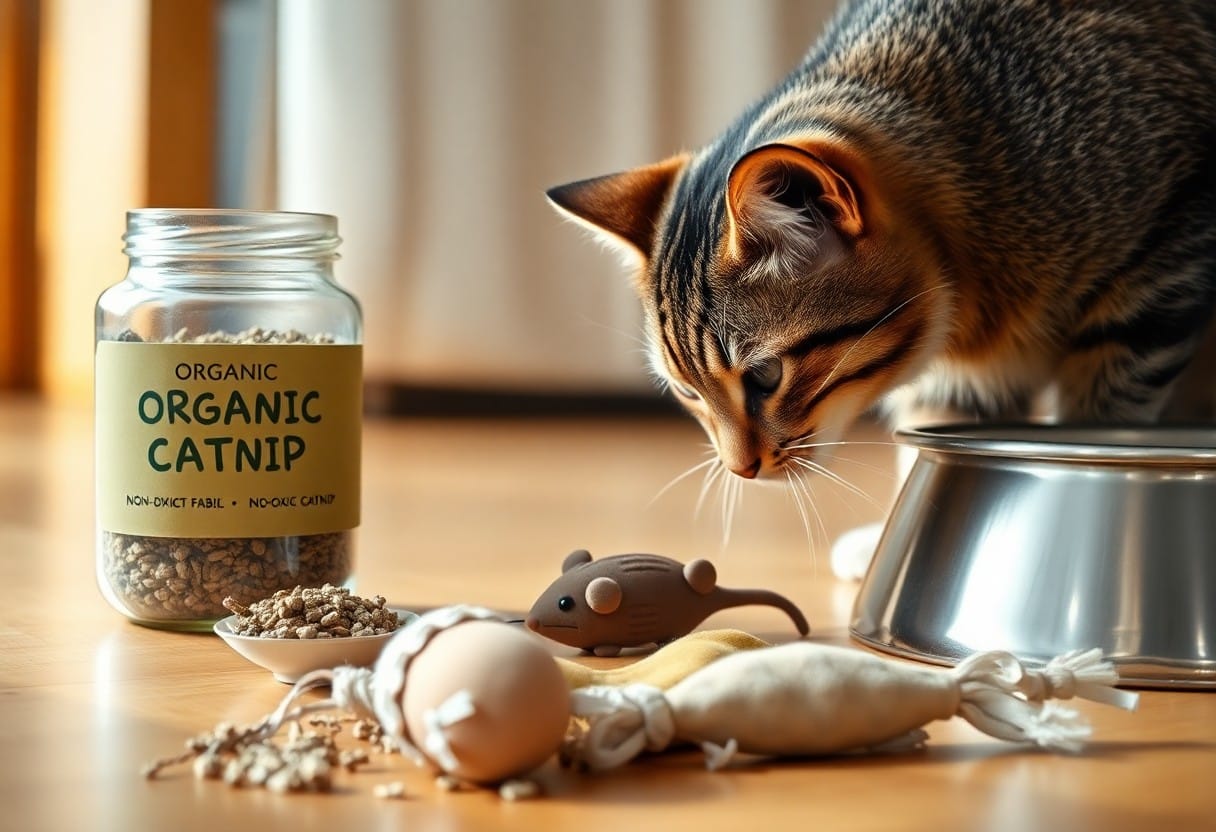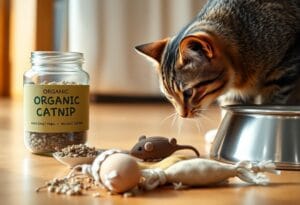Natural solutions are often the best choice when it comes to caring for your kitten’s coat and skin. Harsh chemicals in commercial grooming products can be irritating and harmful to your furry friend. By opting for natural grooming remedies, you can promote a healthy and shiny coat, as well as nourished and moisturized skin.
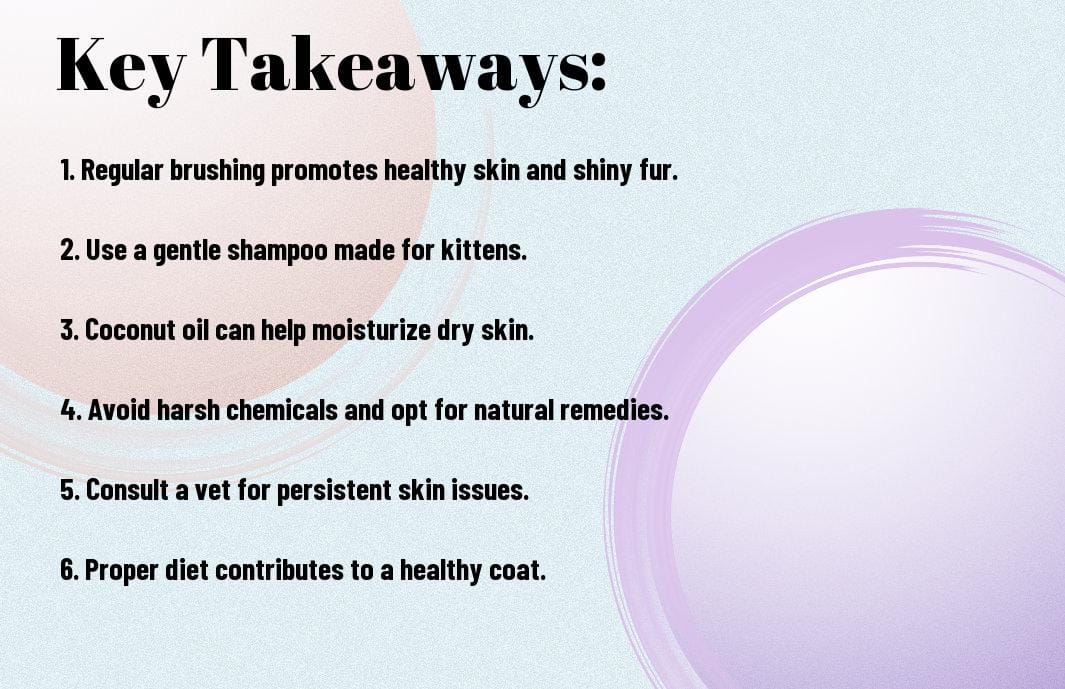
Understanding Your Kitten’s Coat and Skin
Some kittens are blessed with luxurious, long fur, while others have short, sleek coats. Understanding the type of coat your kitten has is crucial in knowing how to properly care for it. Additionally, kittens can have different coat textures, such as silky, fluffy, or wiry. Each type of coat requires specific grooming techniques to keep it healthy and beautiful.
Different Types of Kitten Coats
- Short coat
- Long coat
- Silky coat
- Fluffy coat
- Wiry coat
| Short coat | Easy to groom and maintain. |
| Long coat | Requires regular brushing to prevent matting. |
| Silky coat | Should be brushed gently to avoid breakage. |
| Fluffy coat | Needs frequent grooming to prevent tangles. |
| Wiry coat | May benefit from occasional stripping to remove dead hair. |
Assume that your kitten falls into one of these categories when determining the best grooming routine for their coat. By understanding the characteristics of different coat types, you can tailor your grooming regimen to suit your kitten’s specific needs.
Skin Health in Kittens
Any discussion about your kitten’s coat would be incomplete without considering their skin health. A kitten’s skin is delicate and prone to issues like dryness, flakiness, or irritation. It’s important to pay attention to your kitten’s skin condition to ensure overall well-being.
Coat and skin health are closely intertwined, as the condition of the skin can affect the quality of the coat. Understanding how to maintain a healthy skin barrier in your kitten will not only promote a shiny, lustrous coat but also prevent skin problems that can cause discomfort and distress.
Diet and Nutrition for a Healthy Coat
While grooming plays a significant role in maintaining your kitten’s coat and skin health, the foundation for a luscious fur coat starts from within. A well-balanced diet rich in necessary nutrients is crucial for ensuring your feline friend’s skin and fur remain in top condition.
Essential Nutrients for Skin and Fur Health
One of the key nutrients for skin and fur health in kittens is omega-3 fatty acids. These necessary fats help maintain a healthy skin barrier and reduce inflammation, resulting in a shiny and lustrous coat. Another vital nutrient is protein, which is necessary for building and repairing skin and fur tissues. Make sure your kitten’s diet includes high-quality protein sources like chicken, fish, or turkey to support healthy coat growth.
Homemade Food Recipes to Enhance Coat Sheen
Health. One way to enhance your kitten’s coat sheen is by incorporating homemade food recipes into their diet. By preparing meals at home, you can control the quality of ingredients and ensure your kitten receives the necessary nutrients needed for a healthy coat. Consider adding ingredients like salmon, which is rich in omega-3 fatty acids, or eggs, which provide a good source of protein for fur growth.
Diet. Homemade food recipes can be a great way to customize your kitten’s diet and address any specific skin or fur concerns they may have. Consult with your veterinarian to create recipes that are tailored to your kitten’s individual needs and preferences.

Natural Brushing Techniques
Choosing the Right Tools for Kitten Grooming
Now, when it comes to grooming your kitten naturally, selecting the right tools is necessary. Opt for gentle brushes specifically designed for kittens to avoid any skin irritation or discomfort. Look for brushes with soft bristles or a grooming glove that will help remove loose fur without causing any harm to your kitten’s delicate skin.
How to Brush Your Kitten’s Coat Naturally
The key to maintaining your kitten’s coat healthy and shiny is regular brushing. Start by using the appropriate tools mentioned earlier and gently brush your kitten’s coat in the direction of hair growth. Be extra gentle around sensitive areas like the belly and armpits, and always be mindful of any tangles or mats that may need extra attention.
Tools
This process not only helps in removing loose fur but also stimulates blood circulation to promote a healthy coat. Regular brushing also allows you to monitor your kitten’s skin for any abnormalities like rashes or parasites.
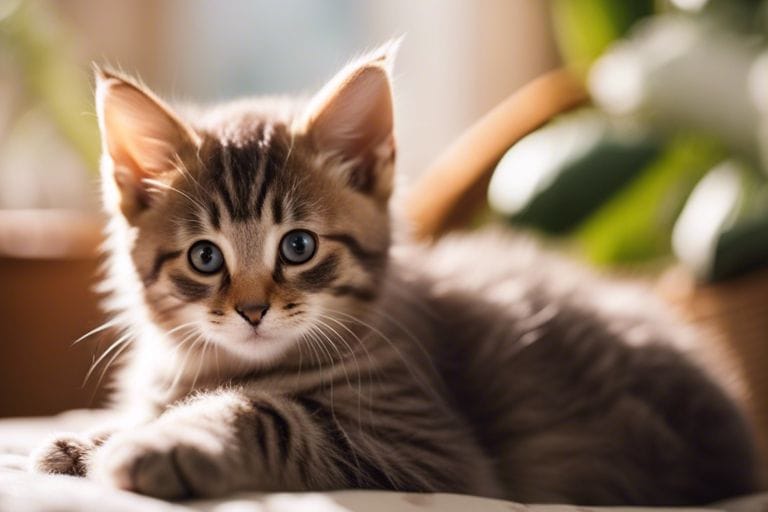
Bathing Your Kitten with Natural Ingredients
Preparing for a Kitten’s Bath
To ensure a successful bathing experience for your kitten, it is important to prepare ahead of time. Kittens tend to be more sensitive to water and grooming compared to adult cats, so creating a calm and secure environment is imperative. Place a towel on the bottom of the sink or tub to provide a non-slip surface and fill the basin with lukewarm water beforehand. Gather all necessary grooming supplies within easy reach, such as a gentle cat shampoo, a soft washcloth, and a cup for rinsing.
Natural Shampoos and Conditioners
To choose the best natural shampoo and conditioner for your kitten, look for products that are specifically formulated for feline skin and coat. Avoid using human or adult cat grooming products, as they may contain harsh ingredients that can irritate your kitten’s delicate skin. Opt for gentle, non-toxic formulas that are free from fragrances, dyes, and artificial chemicals. Natural ingredients like oatmeal, aloe vera, and coconut oil can help to nourish and soothe your kitten’s skin while promoting a healthy, shiny coat.
Natural grooming products are designed to be mild and gentle on a kitten’s sensitive skin, making them a safe and effective choice for regular grooming. Always remember to thoroughly rinse out all shampoo and conditioner residue to prevent any skin irritation, and pat your kitten dry with a soft towel after the bath. With the right natural grooming routine, your kitten can enjoy a clean and healthy coat without exposure to harsh chemicals.
DIY Natural Remedies for Common Skin Issues
Home Remedies for Itchy and Dry Skin
Common skin issues like itchiness and dryness can be troublesome for your kitten. To alleviate these problems, there are several natural remedies you can try at home. One effective remedy is oatmeal baths. Simply grind up some oatmeal into a fine powder and add it to your kitten’s bath water. Oatmeal has soothing properties that can help calm irritated skin and relieve itching.
Another great option is coconut oil. Coconut oil is known for its moisturizing properties, which can help combat dryness and improve the overall health of your kitten’s skin. Simply apply a small amount of coconut oil to your kitten’s coat and gently massage it in. Not only does it help with dry skin, but it can also make your kitten’s coat shiny and soft.
Solutions for Excessive Shedding and Dandruff
To address issues like excessive shedding and dandruff, it’s important to take a holistic approach to your kitten’s grooming routine. Regular brushing is key to managing shedding, as it helps remove loose fur and distribute natural oils in the skin. Additionally, consider adding a fish oil supplement to your kitten’s diet. Fish oil is rich in omega-3 fatty acids, which can help improve skin health and reduce dandruff.
Preventative Care and Maintenance
Many cat owners want to ensure their kitten’s coat and skin are healthy and vibrant. To achieve this, preventative care and regular maintenance are necessary. By incorporating natural grooming remedies into your routine, you can help your kitten maintain optimal coat and skin health.
Regular Grooming Schedule for Optimal Coat Health
Care should be taken to establish a regular grooming schedule for your kitten. This not only helps in keeping their coat clean and free from tangles but also promotes good circulation and stimulates natural oil production in their skin. Brushing your kitten’s coat at least a few times a week with a gentle brush suitable for their fur type can help prevent matting and reduce shedding. Additionally, regular grooming sessions also allow you to check for any signs of skin issues or parasites that may require veterinary attention.
Spot-Cleaning and Handling Minor Stains and Odors
One effective way to maintain your kitten’s coat and skin is through spot-cleaning and handling minor stains and odors promptly. Using a damp cloth or pet-safe wipes, gently clean any areas on your kitten’s coat that may have gotten dirty. Be mindful to use products that are specifically formulated for cats to avoid any skin irritations. This quick and easy maintenance routine can help prevent stains from setting in and keep your kitten smelling fresh between baths.
Minor stains and odors can be common occurrences in kittens, especially if they are prone to exploring or have accidents. It’s important to address these issues promptly to prevent them from becoming more challenging to remove. By incorporating spot-cleaning into your grooming routine, you can help maintain your kitten’s coat and skin in top condition.
Additional Natural Grooming Tips and Tricks
Unlike commercial grooming products that may contain harsh chemicals, natural grooming remedies can help maintain your kitten’s coat and skin health in a gentle and safe manner. In addition to the basic grooming routines discussed earlier, here are some additional tips and tricks to consider:
- Regularly brushing your kitten’s coat helps distribute natural oils and prevents matting.
- Using a damp cloth or pet-friendly wipes can help remove dirt and debris from your kitten’s fur between baths.
- Trimming your kitten’s nails regularly can prevent them from getting snagged or causing injury.
Perceiving your kitten’s grooming needs and preferences can help tailor your grooming routine to suit them best.
Natural Flea Prevention Strategies
An effective natural flea prevention strategy is to use a flea comb regularly to check for and remove any fleas or flea dirt from your kitten’s coat. You can also sprinkle your kitten’s bedding with diatomaceous earth, a natural flea repellent, or use a diluted apple cider vinegar spray as a flea deterrent. These natural remedies can help keep fleas at bay without exposing your kitten to potentially harmful chemicals.
Seasonal Grooming Considerations
Tricks like adjusting the frequency of baths and grooming sessions based on the season can help maintain your kitten’s coat and skin health year-round. Considerations such as using a moisturizing shampoo during dry winter months or brushing more frequently during shedding seasons can help address your kitten’s changing grooming needs.
To wrap up
Conclusively, taking care of your kitten’s coat and skin using natural grooming remedies is not only effective but also safe and gentle. By incorporating ingredients like coconut oil, oatmeal, and apple cider vinegar into your grooming routine, you can help maintain your kitten’s coat shiny and skin healthy. Remember to always patch test new ingredients and consult with your veterinarian if you notice any unusual reactions or changes in your kitten’s skin or coat. Regular grooming sessions with natural remedies will help keep your kitten looking and feeling their best.
FAQ
Q: What are natural grooming remedies for my kitten’s coat and skin?
A: To keep your kitten’s coat and skin healthy, you can use natural remedies such as regular brushing, coconut oil for moisturizing, and oatmeal baths for soothing any skin irritations.
Q: How often should I groom my kitten to maintain its coat and skin health?
A: It is recommended to brush your kitten’s coat at least once a day to prevent matting and distribute natural oils. Additionally, regular grooming sessions can help you identify any skin issues early on.
Q: Can I use human grooming products on my kitten’s coat and skin?
A: It is best to avoid using human grooming products on your kitten as they may contain ingredients that can be harmful to them. Stick to natural remedies specifically made for pets.
Q: Are there any dietary changes I can make to improve my kitten’s coat and skin health?
A: Providing your kitten with a balanced diet that includes imperative fatty acids such as omega-3 and omega-6 can help improve their coat and skin health. Consult your veterinarian for recommendations.
Q: How can I address specific skin issues such as dryness or flakiness in my kitten?
A: For specific skin issues, you can try using natural remedies such as aloe vera gel for soothing dry skin, and a humidifier to add moisture to the air in your home. If the problem persists, consult your veterinarian for further guidance.
